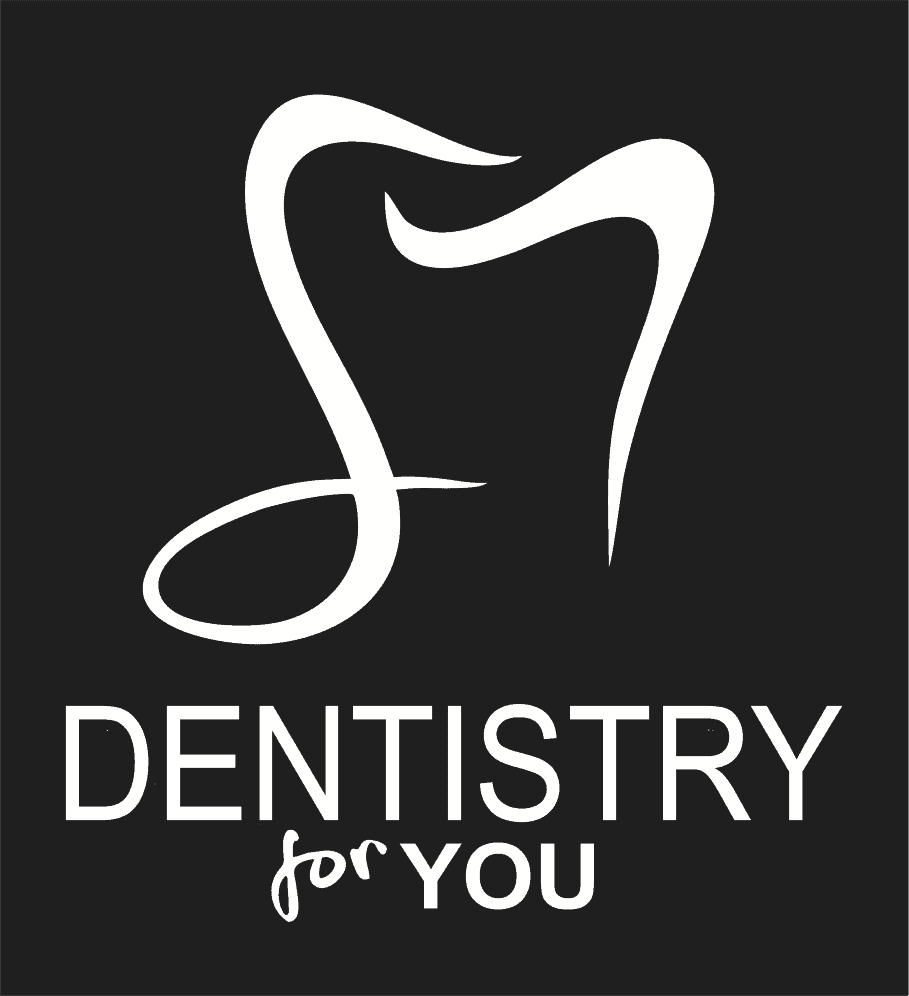
12 Sep How to Deal with Common School-Related Dental Issues
Dental Health During the School Year
School is an exciting time for children, but it can also bring a host of dental issues. From playground accidents to diet changes, school-related activities can affect your child’s oral health.
In this blog post, we’ll cover the most common school-related dental problems and offer practical solutions to help you navigate these challenges. With proper care and attention, you can ensure that your child maintains a healthy smile throughout the school year.
The Impact of Sugary Snacks and Drinks
One of the biggest dental issues associated with school life is the increase in sugary snacks and drinks. Many schools offer vending machines filled with sugary beverages, or children bring snacks like candy, cookies, or fruit juices. While these treats may provide a quick energy boost, they are harmful to teeth.
The Problem: Sugars feed bacteria in the mouth, producing acid that erodes tooth enamel. Over time, this can lead to cavities and tooth decay, especially if your child snacks frequently or doesn’t brush their teeth after eating.
The Solution:
- Healthy Alternatives: Encourage your child to choose healthier snacks such as fruits, vegetables, cheese, and yogurt. These foods are not only low in sugar but can also help protect their teeth by neutralizing acids.
- Rinsing with Water: If brushing isn’t possible after snacks, teach your child to rinse their mouth with water after eating. This can help wash away sugars and reduce the risk of cavities.
- Limit Sugary Drinks: Encourage your child to drink water throughout the day instead of soda or fruit juice. Water not only helps keep the mouth hydrated but also washes away food particles and sugars.

Poor Oral Hygiene Routine
School schedules can be hectic, and sometimes children rush through their morning routine without giving proper attention to their oral hygiene. Skipping or inadequately brushing can lead to plaque buildup, which increases the risk of cavities and gum disease.
The Problem: If your child isn’t brushing and flossing properly, food particles and plaque will remain on their teeth, causing bacteria to flourish. Over time, this can result in tooth decay, bad breath, and gum inflammation.
The Solution:
- Set a Routine: Establish a consistent morning and evening routine that includes brushing for two minutes and flossing once a day. Make it fun by using a timer or a favorite song to ensure your child spends enough time brushing.
- Check for Proper Brushing: Supervise younger children to ensure they are brushing correctly. Encourage them to brush in a circular motion, reaching all areas of their mouth, including their back teeth.
- Electric Toothbrush: Consider investing in an electric toothbrush with a built-in timer to help your child brush thoroughly. Many electric toothbrushes come in fun designs that make brushing more appealing to children.
Dental Trauma from Sports or Playground Activities
Physical activities, sports, and playground accidents are common causes of dental trauma among school-aged children. From chipped teeth to knocked-out teeth, dental injuries can be painful and require immediate attention.
The Problem: Dental trauma, especially in contact sports like football, soccer, or basketball, can lead to chipped, cracked, or knocked-out teeth. Playground mishaps such as falls or collisions can also cause similar injuries.
The Solution:
- Wear a Mouthguard: For children involved in sports, wearing a mouthguard is one of the best ways to prevent dental injuries. A custom-fitted mouthguard from your dentist offers the most protection, but over-the-counter options are also available.
- Immediate Action for Injuries: If your child chips or knocks out a tooth, it’s important to act quickly. Rinse the mouth with warm water and apply a cold compress to reduce swelling. If a tooth is knocked out, try to place it back in the socket and seek dental care immediately.
- Emergency Dental Kit: Having a dental emergency kit that includes gauze, a small container, and a saline solution can help you manage dental injuries until you can see a dentist.
Teeth Grinding (Bruxism)
Stress from schoolwork, exams, or social interactions can sometimes manifest as teeth grinding (bruxism), particularly at night. Many parents are unaware of this issue because it happens while the child is asleep.
The Problem: Grinding teeth can lead to worn-down enamel, tooth sensitivity, jaw pain, and even headaches. Over time, bruxism can cause serious dental damage if not addressed.
The Solution:
- Identify Symptoms: Be on the lookout for signs of teeth grinding, such as worn tooth surfaces, frequent headaches, or jaw pain. Your child’s dentist may also notice wear and tear on their teeth during routine check-ups.
- Stress Management: Since stress can contribute to bruxism, help your child manage school-related stress through relaxation techniques like deep breathing, meditation, or exercise.
- Night Guard: If bruxism persists, your dentist may recommend a night guard to protect your child’s teeth while they sleep. A custom-fitted night guard is more comfortable and effective than over-the-counter options.

Mouth Ulcers and Canker Sores
Stress, diet changes, and mouth injuries can contribute to the development of mouth ulcers or canker sores. These small, painful lesions can make eating and speaking uncomfortable.
The Problem: Canker sores can develop due to minor mouth injuries, stress, acidic foods, or hormonal changes. While they are not contagious, they can be painful and take about a week to heal.
The Solution:
- Avoid Irritants: Encourage your child to avoid spicy, acidic, or crunchy foods that can irritate the sore. Instead, opt for softer, blander foods until the ulcer heals.
- Topical Treatments: Over-the-counter gels or mouth rinses can provide relief from the pain of canker sores. These treatments help numb the sore and promote healing.
- Good Oral Hygiene: Maintaining proper oral hygiene can help prevent the development of canker sores. Make sure your child brushes and flosses regularly, but remind them to be gentle to avoid irritating the sore.
Managing Dental Emergencies at School
Dental emergencies can happen unexpectedly, and it’s important to know how to handle them promptly. Whether it’s a broken tooth, severe toothache, or other urgent issues, quick action can prevent further damage.
The Problem: A dental emergency at school can cause significant discomfort and potentially lead to long-term issues if not addressed immediately. Without proper care, minor problems can escalate into more serious conditions.
The Solution:
- Emergency Contact Information: Ensure that the school has updated contact information for both you and your child’s dentist. This allows for quick communication in case of a dental emergency.
- School Nurse’s Role: Inform the school nurse about your child’s dental health needs and any specific instructions for handling dental emergencies. The nurse can provide initial care and contact you if needed.
- Teach Your Child: Educate your child on what to do in case of a dental emergency, such as avoiding eating hard foods that could worsen the problem and seeking help from a teacher or school nurse.
Importance of Regular Dental Check-ups
Regular dental check-ups are crucial for maintaining optimal oral health and catching potential problems early. School schedules can sometimes make it challenging to keep up with dental appointments.
The Problem: Skipping or delaying dental check-ups can lead to undetected dental issues, such as cavities or gum disease, which may become more severe if left untreated.
The Solution:
- Schedule Appointments in Advance: Plan dental check-ups well in advance to avoid conflicts with school events or other commitments. Booking appointments during school breaks or after school hours can help accommodate your child’s schedule.
- Consistency: Make dental visits a priority by sticking to a routine schedule. Regular check-ups allow the dentist to monitor your child’s oral health and address any issues before they become serious.
- Follow-up Care: Ensure that any recommended treatments or follow-up visits are completed as directed by your dentist. This helps maintain your child’s dental health and prevents future problems.

Encouraging Healthy Dental Habits for Your Children
Dealing with common school-related dental issues requires a proactive approach, including preventive care, healthy habits, and timely intervention. By addressing these challenges effectively, you can help your child maintain a healthy smile and avoid more serious dental problems.
Remember to support your child with proper oral hygiene, encourage a balanced diet, and seek professional dental care when needed. With these strategies in place, your child can enjoy a confident, healthy smile throughout their school years and beyond.





Sorry, the comment form is closed at this time.